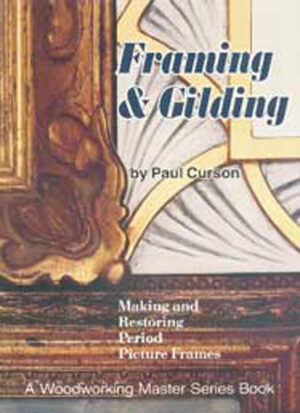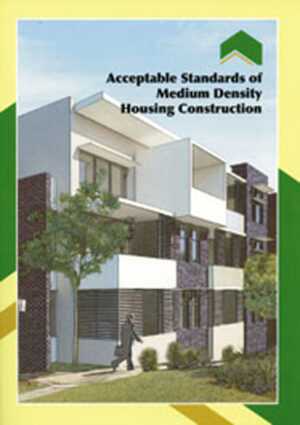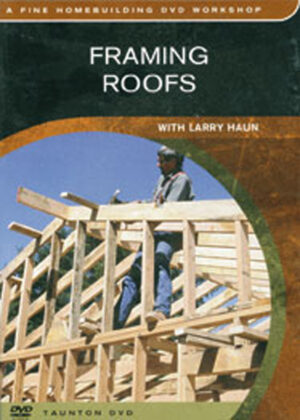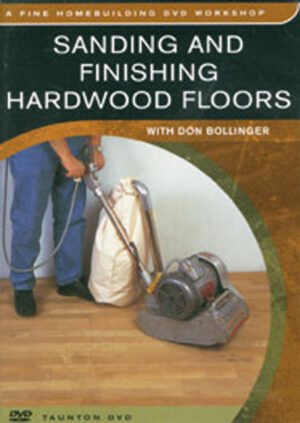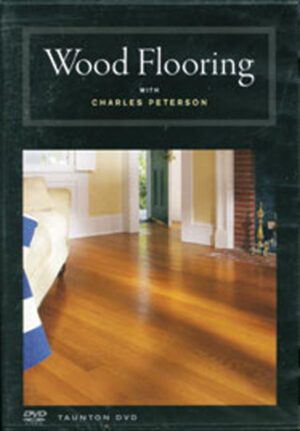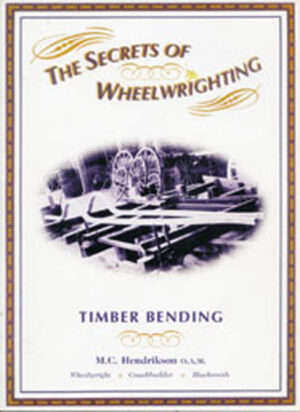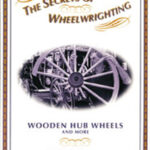THE SECRETS OF WHEELWRIGHTING – WOODEN HUB WHEELS
$60.00
by M.C. Hendrickson
Softcover
215 x 295mm
255pp
Published by
M.C. & P. Hendrikson, Kariong NSW, Australia
ISBN 978-064694163-9
As reviewed in The Australian Woodworker Issue 185
Ecology is usually defined as the branch of biology that deals with the relations between organisms themselves and between organisms and their physical surroundings. But it might also be used to encompass the relations between various technical disciplines, emphasising that these relations exist, even though they are often overlooked.
Practically any two trades, for example, when examined closely, reveal not only similarities, but interdependence.
Trades do not grow and evolve entirely on their own, so if a trade is lost, it is a loss borne by all of the remaining trades.
It is fortunate that among the members of trades for which there is diminished demand, there are those willing to make the substantial effort necessary to produce and publish records so that the wisdom of their trade will not be lost.
Mike Hendrikson is doing that for the ancient trade of making wooden wheels.
He has already written two books on related topics: Tyres and Timber Bending.
Wooden Hub Wheels, however, seems likely to become his opus magnum. It is a compendium of information on this almost forgotten trade, drawn from his own long experience and that of the many other proponents of the craft who allowed him to seek out their knowledge and expertise.
A much larger book than his previous two, it begins with a description of the wooden wheel and the names of its many components.
It then deals with wheel design, investigating the role of ‘dish’ in a wheel in withstanding side forces. This topic is expanded by an exploration of the mathematics involved in establishing the dish gradient.
There is a discussion about spokes, their design and number as the focus of the book begins to turn from the general to the specific and starts to concentrate on the actual work involved in making spokes and hubs and fitting them together to make wooden wheels.
Mike’s folksy, down-to-earth way of telling his story somehow adds authenticity and not a little charm to this book. It is easy to read, highly informative and obviously contains more than sufficient guidance to help anyone build their own wooden wheels – wheels, for example, that might find application in vehicles such as a child’s carriage or a garden barrow.
But the contents of the book may find other uses as well, when readers discover that old techniques can be used to inform work that is done in entirely different areas of woodcraft.
Photos: Black & White
Contents
Introduction
Basic component names
Wheel face
Spoke line [A]
– Collinear line
– Staggered line
Dish in a wheel
Spoke line [B]
– Double dished
– Double-faced dished
– Barrow wheel
Wooden hubs
– Plug
– Taper or Drift
– Shoulder
Spoke basics
– Basic terminology
– The head
– The throat
– The body
– Spoke size
– Face line
The mathematics of dish
– Gradient
– Dish gradient
– Actual dish gradient
– Theoretical dish gradient
Spoke numbers per wheel
Four wheeled vehicles only
Shoulder spoke wheels
– Hub basics
– Bands
– Making bands
Shoulder spokes
– Sizes
– Shoulder angles
– Fit of shoulder spokes
– Shoulder spoke comers
– Top of mortise
Hub blocks
– Material
– Getting them from a tree
– Boring the blocks
– Pre-drying
– Stock control
– Scales
– Sealing
– Drying
– Dry blocks by cheating
Turning the hubs
– Lathes
– Final turning, all blocks
Mortising the hubs
– Hand mortising
– Mk 1 drilling jig
– Mk 2 drilling jig
– Machine mortising
– Defiance hub mortiser
Making spokes
– Hand making spokes
– Machine-made spokes
– Copying machines
– Serious machines
– Sizing & oversize spokes
Driving the spokes
– Central support system
– Spoke driving gauge
– Gluing shoulder spokes
– Driving spokes
Felloes [A]
– Felloes
– Inside of the felloe
– Wheel tread [A]
Axle setting
– Camber
– Plumb spoke
– Strut
– Set under
– Toe in or Gather
– Caster
– Pre-setting
– Measuring the axle set
Felloes [B]
Wheel tread [B]
– Plain tread
– Coned tread plus
Fitting Felloes [A]
Cutting felloes
– Making the pattern
– Cutting the felloes
Tanging spokes
– Cutting tangs by hand
– Bells & hollow augers
– Machine tanging
– Fit of the felloes/rims to the tangs
– Spoke driving and tanging machine
Fitting Felloes [B]
– Dressing the felloes
– Sizing the wheel
– Dowelling
– Wedging down felloes
Fitting Rims
Axles, Stubs & Boxes
– My tapered roller box drawings
Boxing wheels
– Testing the box for concentricity
– How a box should fit
– Preparing the hub to fit the box
– Cutting by hand
– Hand powered machines
– Cutting with power
– Pre-boring the hole
– Repairing old wheels
– Setting the box
– Wedging the box
– Nuts, cap nuts & spanners
– R/H and L/H threads
– Conclusion
Notes
– Standardization
– Taper spoke wheels
– Plug spoke wheels
– Patent Hubs
– Sarven hub wheels
– Warner hub wheels
– All metal hubs
– Socketed hubs
– Flanged hubs
– Archibald hubs
– Military flanged hubs
– Flanged car wheels
– Making old flanged hub car wheels
– Other car wheels
– Nuts or wood quality
– EMC of wood & seasoning
Finish
– Photos
Circle spacing
Imperial gradients

